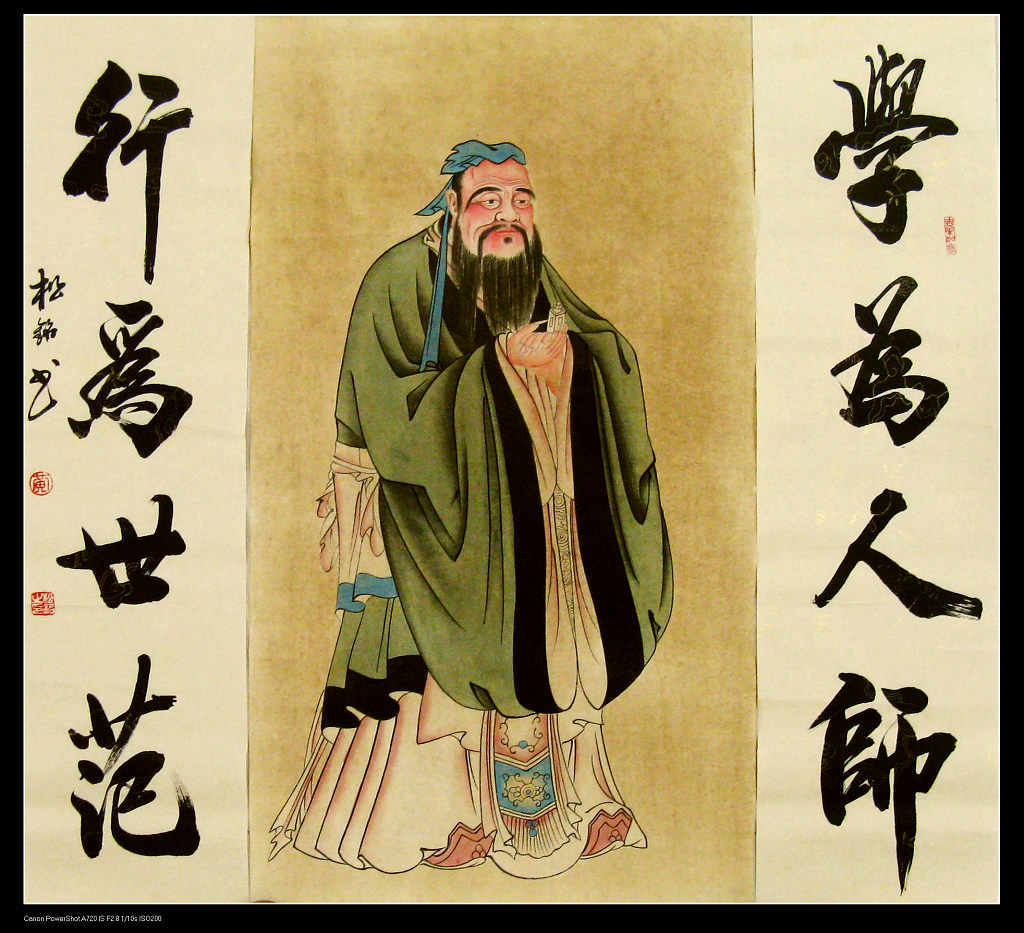Video Resource: https://www.youtube.com/watch?v=h0fRdHKzwmM
Shennong Shi (A Historic Story)
Author: By the Zhengjian Chinese Culture Textbook Team
[PureInsight.org] The Yan Emperor, also known as Shennong Shi, is a legendary ruler of China and cultural hero in Chinese mythology. He is believed to have lived some 5,000 years ago and taught ancient Chinese people the practices of agriculture. His name means “the Divine Farmer.”
It was said that his mother visited the Huayang area and gave birth to him after receiving the spirit of a divine dragon. Yan was born with a human body and a bull’s head. He was able to talk three days after his birth, crawl in five months, developed teeth at seven months, and knew about farming at three years old.
He saw before him a growing population and knew that they could not survive on wild plants and animals alone. After fishing and hunting, he knew that people must develop agriculture. He invented tools for planting, such as a spade, shovel, axe, and hoe. He taught people how to cultivate the land and grow five grains, namely: rice, millet, sesame, wheat and beans. He promoted the open market and encouraged people to trade to improve their quality of life. That was the beginning of commerce. He also created a five-string musical instrument to play music and enhanced people’s cultural lives.
Another contribution of the Yan Emperor was tasting herbs so people could have medicine. He traveled many high mountains and collected various plants. He ground each one until it exhibited its properties: either poisonous or benign; hot or cold, and so on. In order to know the nature of each herb, the Yan Emperor tasted each one of them. Once, he encountered seventy different poisons in one day. Fortunately, legends say that Shennong had a transparent body and thus could see the effect of different plants and herbs on himself. Thus, he could see which organ was affected and then select an antidote immediately. He treated people using herbs according to the herbs characteristics. He invented Chinese medicine and cured numerous people using these herbs. In order to commemorate the Yan Emperor, the earliest Chinese herbal medicine book in China was named “The Divine Farmer’s Herb-Root Classic.”
http://www.pureinsight.org/node/5552


